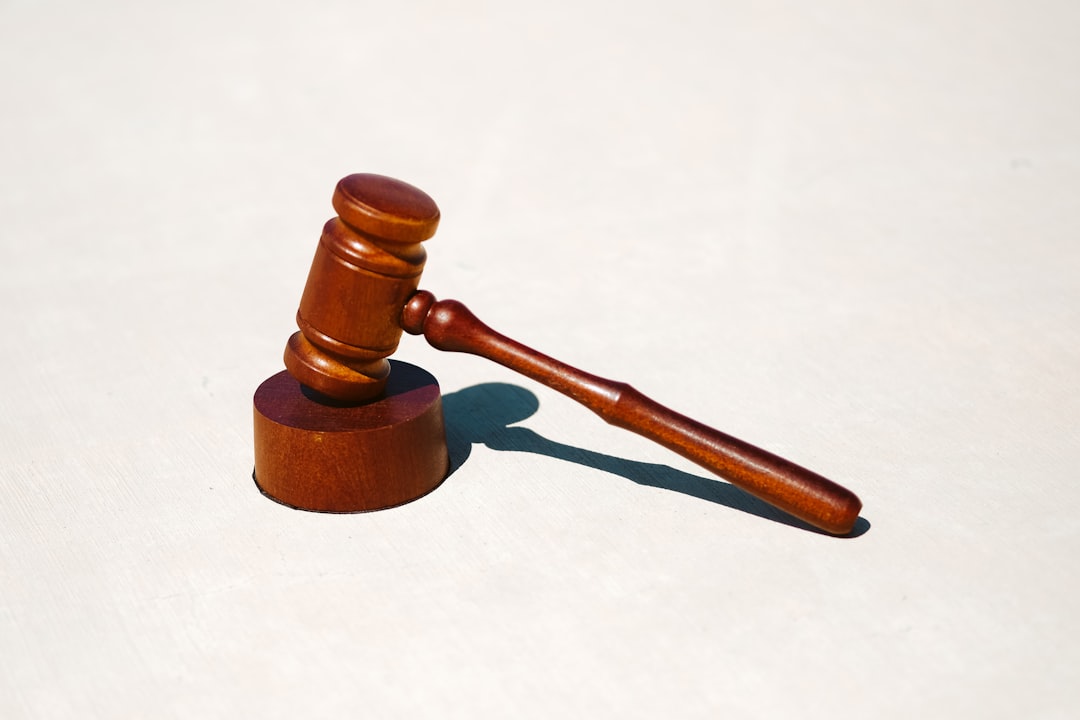In Illinois, robocalls are regulated by strict laws aimed at protecting consumer privacy and preventing fraud. The legality of a robocall depends on prior consent or violation of opt-out rights, with consequences including potential TCPA lawsuits (Can I Sue For Robocalls Illinois). Unwanted calls, often from telemarketers or scammers, can erode consumer trust. Consumers affected by robocall harassment have legal options, such as reporting and seeking compensation. Effective strategies for combating robocalls include registering on the Do Not Call list, using call-blocking apps, and taking legal action against persistent or fraudulent callers. Businesses should enhance transparency, implement stricter protocols, and prioritize data privacy to rebuild consumer trust and avoid lawsuits (Can I Sue For Robocalls Illinois).
In today’s digital age, robocalls have become a ubiquitous yet often unwanted nuisance. This pervasive issue significantly impacts consumer trust in Illinois, where strict consumer protection laws exist. The connection between robocalls and trust is profound; excessive calls can lead to frustration, invasion of privacy, and even financial harm. Understanding these laws and your rights is crucial. This article explores legal recourse for robocall harassment in Illinois, strategies to combat them, and steps to rebuild consumer trust post-incident, answering the question: Can you sue for robocalls in Illinois?
Understanding Robocalls and Consumer Protection Laws in Illinois

Robocalls, automated telephone calls that deliver recorded messages, have become a ubiquitous part of modern life. While they can serve legitimate purposes like appointment reminders and emergency alerts, unwanted robocalls are a significant nuisance, often posing as marketing or sales calls from unknown sources. In Illinois, consumers enjoy protections against these intrusive calls under state laws designed to safeguard privacy and prevent fraud.
Illinois has strict regulations regarding robocalls, particularly focusing on consumer consent and opt-out rights. The Can I Sue For Robocalls Illinois scenario largely hinges on whether a call was made with the recipient’s prior permission or if it violated their right to refuse further contact. Understanding these laws is crucial for consumers looking to protect themselves from unwanted calls and determine potential legal recourse through lawsuits if rights are violated.
The Impact of Unwanted Robocalls on Customer Trust

Unwanted robocalls have become a pervasive issue, significantly impacting consumer trust in Illinois and across the nation. These automated phone calls, often delivering pre-recorded messages or live salespeople, are typically unsolicited and can be highly intrusive. While some robocalls promote legitimate services or products, many fall into the category of telemarketing or fraudulent activities, leading to a negative perception among consumers.
The constant barrage of robocalls can erode trust in businesses and institutions. Customers may question the authenticity of calls they receive, especially if they frequently get hung up on or experience aggressive sales tactics. Illinois residents who feel their privacy is invaded by persistent robocalls have legal options, including potential lawsuits for violation of the Telephone Consumer Protection Act (TCPA). Understanding the Can I Sue For Robocalls Illinois framework can empower consumers to take action against unwanted phone marketing and protect their right to peace and quiet.
Legal Recourse for Robocall Harassment in IL: Can You Take Action?

In Illinois, as in many states, robocall harassment is a growing concern. While many people consider these calls a nuisance, they can also significantly impact an individual’s well-being and trust in various entities. Fortunately, Illinois law provides certain protections against unwanted phone calls. If you’re experiencing excessive or misleading robocalls, understanding your legal rights is essential.
If a robocall violates the Telephone Consumer Protection Act (TCPA), which prohibits automated calls without prior consent, individuals in Illinois may have grounds for legal action. This includes calls made to personal or business phones. You can take steps by reporting the calls to relevant authorities and seeking compensation for any distress caused. Consulting with a legal expert specializing in consumer rights can help determine if you have a case and guide you through the process of taking legal recourse, possibly including suing for damages if appropriate.
Strategies to Reduce and Stop Robocalls Effectively

To reduce and stop robocalls effectively, consumers in Illinois have several strategies at their disposal. One approach is to register on the state’s Do Not Call list, which filters out many automated calls. Additionally, using call-blocking apps or software designed to identify and block robocalls can significantly curb unwanted interruptions. Many phone carriers also offer tools to manage and filter calls, further mitigating the issue.
Another powerful tool is prioritizing legal action against persistent or fraudulent robocallers. Illinois residents may sue for robocalls if they meet specific criteria, such as evidence of nuisance or fraud. Consulting with consumer protection attorneys who specialize in these cases can guide individuals on how to take legal action and potentially recover damages, thereby reinforcing the message that such practices are unacceptable.
Building Consumer Trust Post-Robocall Incident: A Guide

After experiencing a robocall, consumers in Illinois may feel violated and wary. Rebuilding trust is essential for businesses, as it’s crucial to maintaining long-term customer relationships. If a robocall leaves a negative impression, affected individuals might wonder, can I sue for robocalls in Illinois? Legal options exist, but repairing trust starts with proactive measures.
Businesses should immediately address the issue by offering transparent communication and taking responsibility. Implementing stricter call protocols, providing clear opt-out options, and ensuring data privacy can help restore consumer confidence. Additionally, offering compensation or discounts to those affected can serve as a gesture of good faith, demonstrating a commitment to ethical business practices and potentially mitigating legal consequences.






